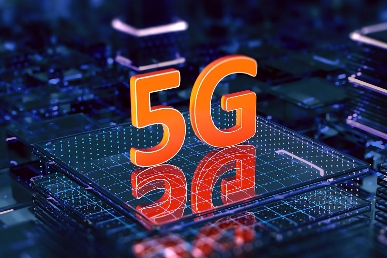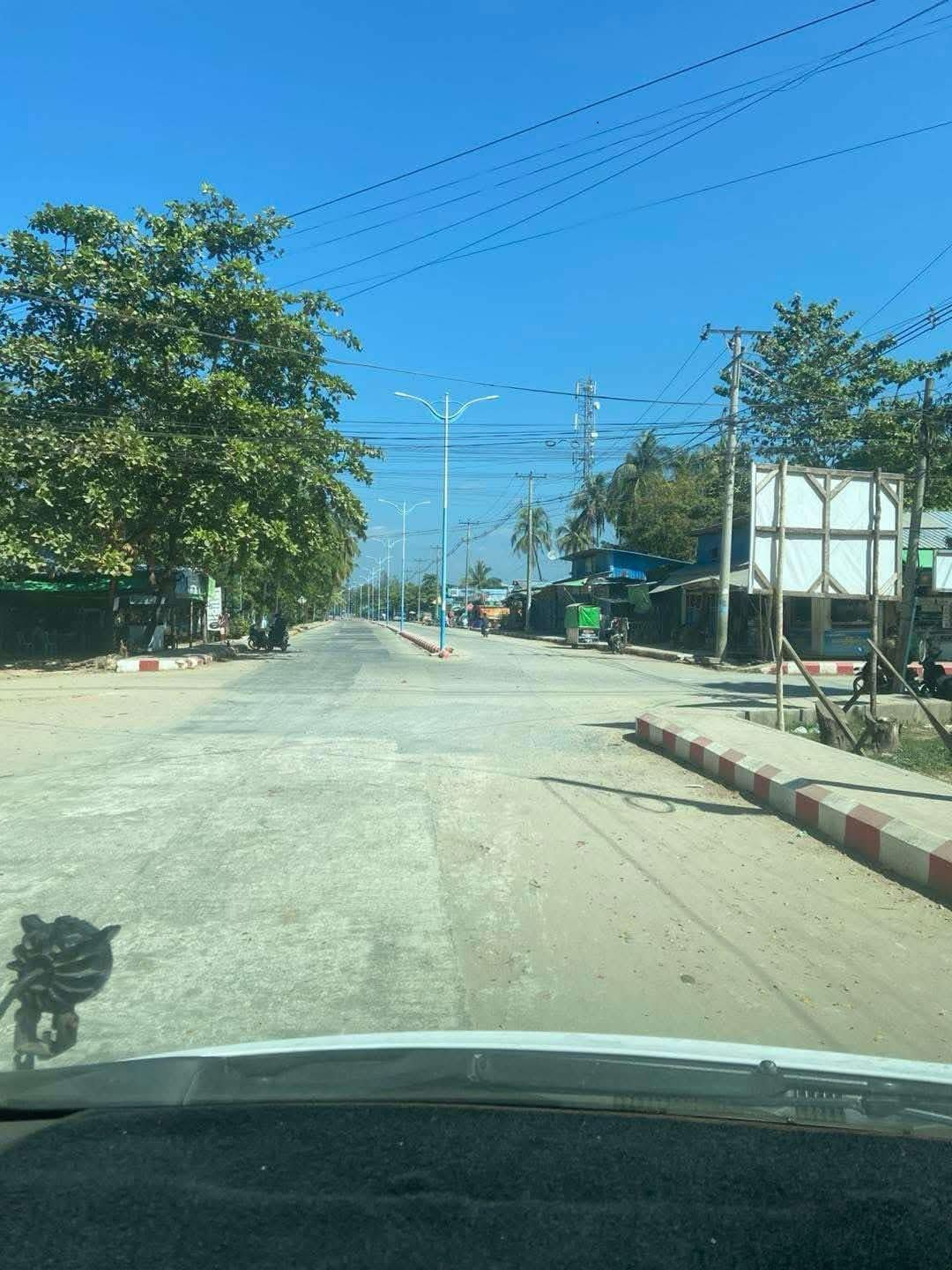
The deployment of 5G technology introduces a range of security challenges that need to be addressed to ensure the safety and integrity of networks and connected devices. Here are some of the key challenges:
1. Increased Attack Surface – With the proliferation of Internet of Things (IoT) devices on 5G networks, the number of potential entry points for cyberattacks has significantly increased. Many IoT devices lack robust security features, making them vulnerable to exploitation.







This vulnerability can lead to unauthorized access and control over critical systems, posing risks to both individual users and broader infrastructure.
2. Complex Network Architecture
5G networks rely on a virtualized, cloud-based, and multi-vendor architecture, which introduces unique technical and security challenges. The complexity of this architecture can make it difficult to implement consistent security measures across different components and vendors, increasing the risk of vulnerabilities being overlooked.
3. Legacy System Vulnerabilities
Much of the 5G infrastructure is built upon existing legacy technologies, such as 4G LTE networks. Any vulnerabilities present in these older systems can compromise the security of the new 5G networks. This interdependence means that addressing security issues in legacy systems is crucial for the overall security of 5G.
4. Privacy Concerns
5G networks facilitate the collection and transmission of vast amounts of personal data, including sensitive information related to health and behavior. This raises significant privacy concerns, as unauthorized access to this data can lead to breaches and misuse. Protecting user privacy in the context of 5G is a critical challenge that needs to be addressed.
5. Threats to Critical Infrastructure
As 5G technology integrates with national critical infrastructure—such as power grids, transportation systems, and healthcare facilities—a breach could have severe implications for public safety and national security. The interconnected nature of these systems means that a vulnerability in one area can have cascading effects across multiple sectors.
Conclusion
In summary, while 5G technology offers transformative benefits, it also presents significant security challenges that must be proactively managed. Addressing these challenges requires collaboration among governments, industry stakeholders, and cybersecurity professionals to develop robust security frameworks and practices that can safeguard the integrity of 5G networks and the data they handle.


Leave a Reply